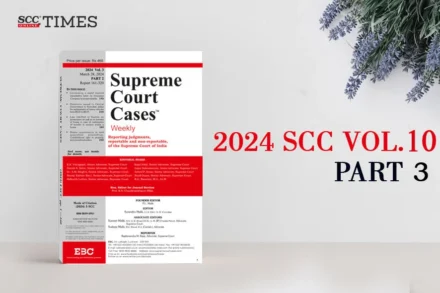
2024 SCC Vol. 10 Part 3
Criminal Procedure Code, 1973 — Ss. 235(1) and (2) — Reopening of judgment of conviction: As per S. 235, a judgment of conviction, held

Criminal Procedure Code, 1973 — Ss. 235(1) and (2) — Reopening of judgment of conviction: As per S. 235, a judgment of conviction, held

It is not the petitioner’s case that he was not supplied with the grounds of arrest at the time of the arrest and prior to the remand being sought. The remand application was detailed, and contained, effectively the same set of facts as were stated in the grounds of arrest.
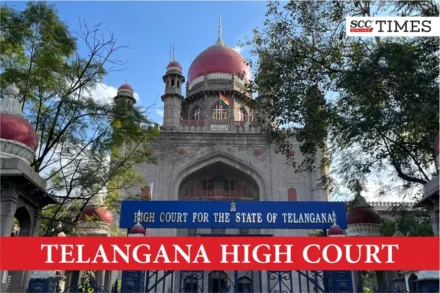
The Special Judge for CBI Cases, Hyderabad, failed to appreciate the facts and circumstances and held that respondents are not public servants and accordingly exonerated them from offences under the provisions of the Prevention of Corruption Act, 1988.
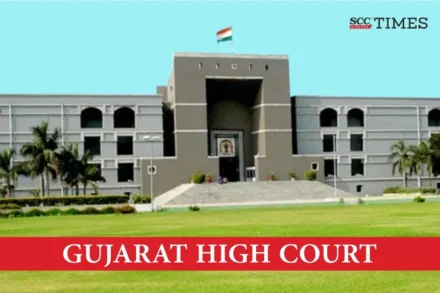
“Corruption can seep into many aspects of society, creating a ripple effect of negative consequences.”

“Whether the Insolvency Resolution Professional is a public servant or not according to Insolvency and Bankruptcy Code or Prevention of Corruption Act, 1988 or Section 21 of Penal Code, 1860, is purely the domain of the legislature and if required, the legislature may carry out necessary amendments to the legislations.”
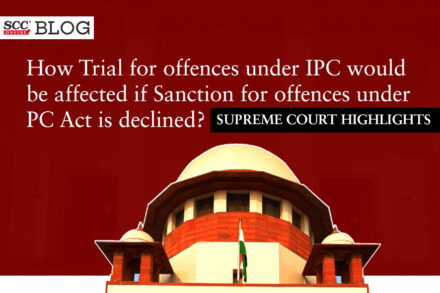
“Sanction contemplated under Section 197 of the CrPC concerns a public servant who ‘is accused of any offence alleged to have been committed by him while acting or purporting to act in the discharge of his official duty’ whereas, the offences contemplated in the PC Act, 1988 are those which cannot be treated as acts either directly or even purportedly done in the discharge of his official duties.”
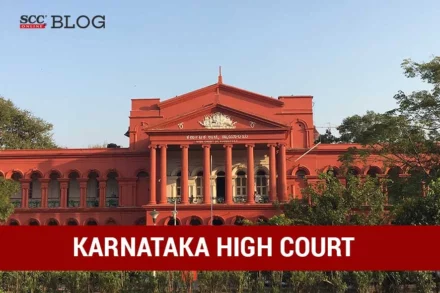
The State Government had issued the impugned orders to sanction prosecution against the petitioners under the provisions of Prevention of Corruption Act, 1988.
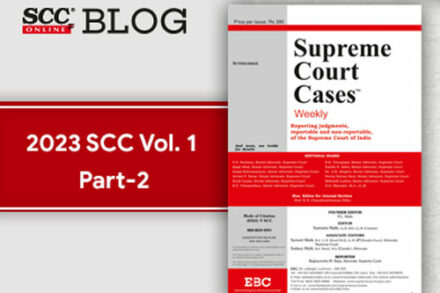
Central Goods and Services Tax Act, 2017 — S. 174(2)(c) — Scope of: First part protects any right, privilege, obligation, etc. under
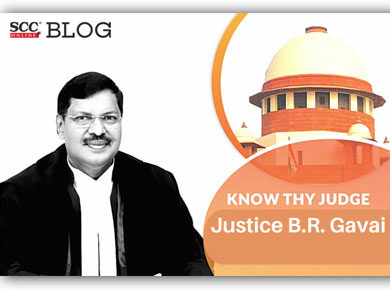
by Sucheta Sarkar†
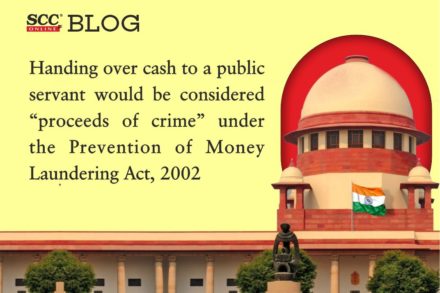
Supreme Court: In a case wherein the appeal challenged the final judgment and order passed by the High Court of
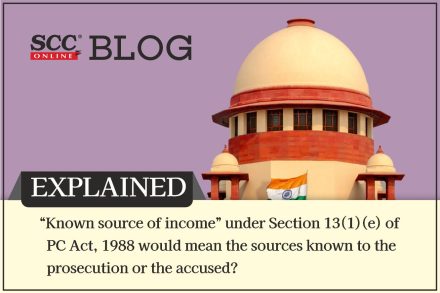
Supreme Court: The bench of Dinesh Maheshwari and JB Pardiwala*, JJ has explained the true import of Section 13(1)(e) of the Prevention
Delhi High Court: Sunil Gaur, J., reduced the sentence of imprisonment awarded to the appellant for the offences under Section 7 and
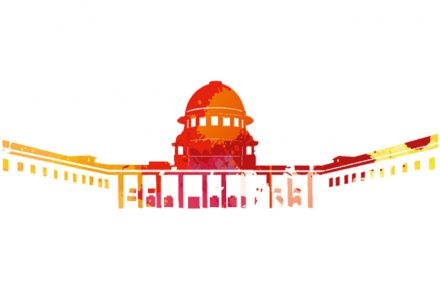
Supreme Court: A bench comprising of A.M. Sapre and Indu Malhotra, JJ. allowed an appeal filed against the judgment of Delhi High